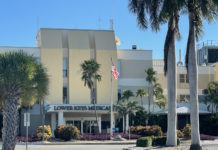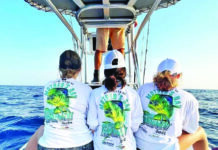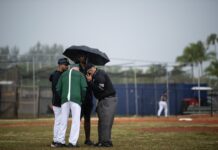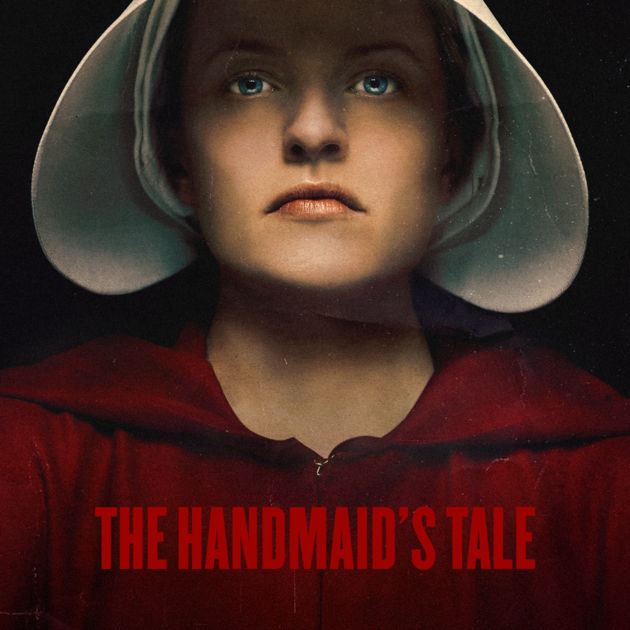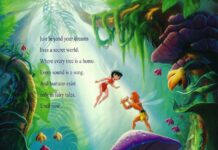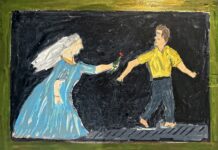Canadian author Margaret Atwood published “The Handmaid’s Tale” back in 1985. Yet, it has resurged with new life and new prescience — the eponymous Hulu show has garnered Emmy Awards and devoted followers. Not a few viewers and critics have also drawn parallels to our current political and social climate.
Atwood wrote for LitHub: “It had become a sort of tag for those writing about shifts toward policies aimed at controlling women, and especially women’s bodies and reproductive functions: ‘Like something out of ‘The Handmaid’s Tale’’’ and ‘Here comes the ‘Handmaid’s Tale’’’ have become familiar phrases.
On Jan. 10, Atwood echoed these sentiments from the dais at the San Carlos Institute as she delivered “Alert! Influences at Work!” for the 37th Annual Key West Literary Seminar’s John Hersey Memorial Address.
“I’m happy to be here at the literary seminar and pleased to find that American writers are not already in the Gulag,” she said.
“Let me tell you how I got my magic tickle truck full of rags and bones, which we otherwise call influences.”
In front of a screen displaying iconic cover art of Atwood’s many novels, she focused on the mammoth influences, from the Bible to Chaucer (and even Aquaman!), that have shaped her work. The tone Atwood struck was wry and half-winking, with the fire of protest but the panache of great story-telling. Atwood promotes the borrowing and even “cannibalizing” of stories, acknowledging the true mythology — the idea of originality (or originality that exists devoid of influence or predecessor).
Atwood has a slight frame and nearly monotone voice, evoking the image of a miniature Medusa — her words — with Homeric range and authority. With these references in mind, Atwood said, “It appears archetypes and mythology are making a comeback.”
That’s certainly the case with Aquaman, whom she dissected and connected to a number of classical touch points, citing his triton, and of course, his hometown of Atlantis. Our hometown too, Atwood noted, has echoes of mythology.
“The tradition that islands are likely to be magic go back to our dead old friend Odysseus,” she said. “Each island contains weirdness and adventure and peril.” Islands are utopias, but also dystopias, as in stories like H.G. Wells’ “Island of Doctor Moreau” (to which I’ve noted some Key West parallels, particularly during Fantasy Fest).
Atwood’s final words were rousing, if not optimistic. She mentioned a recent protest sign she saw — one might guess from an iteration of the Women’s March — that read “Make Margaret Atwood Fiction Again.” She laughed, “Which means I have been fiction once and could be again.”
Laughs aside, of which there were plenty filling the auditorium, her message was one of grave seriousness. She discussed the rollback of women’s rights, the danger of the fundamentalist religious right, and the peril felt in the ’80s, and today, of an America moving toward theocracy. Shudder.
“I wrote this in 1984 in West Berlin where there was a clear view of totalitarianism,” she said. “These are possibilities in every society, including ours.”
“I just hope that ‘The Handmaid’s Tale’ will remain between its covers and not become more of a reality than it already is.”


